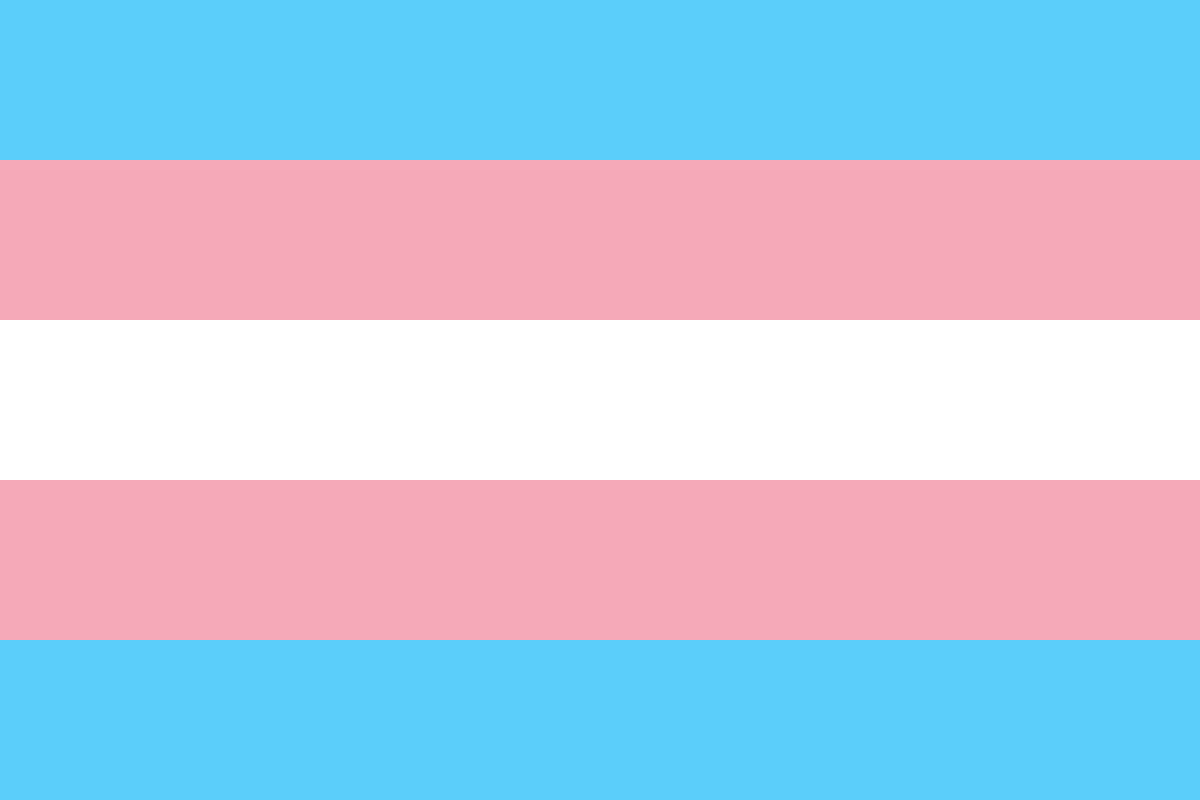I’ve been home this past weekend for our little town’s Homecoming. It’s a big to-do with a parade, a carnival, and the most important part, the beer pavilion. Ordering a Summer Shandy for only $2.50 – what a deal! Seeing all the people who only remember me as ‘Little Timmy’ – what a nightmare! But, I go for the cheap Summer Shandy and the ten friends I still enjoy spending time with. But this year feels a little different to me. It’s the first year that I’m officially married. And I’m married to a man. Something small town Illinois doesn’t always understand or look fondly upon. I’ve gained a new sense of confidence over the past 9 months of marriage and I felt more ready than usual to talk to acquaintances, to friends’ parents, and to not be awkward or uncomfortable introducing my husband to people.
A part of this confidence comes from simply being married and growing our lives together. To be ashamed or awkward or uncomfortable about introducing my husband would mean being ashamed or awkward or uncomfortable about a part of myself. And I am not. Thank God. The other part of this confidence comes from reading a lot of young adult fiction lately with gay protagonists, who are usually in junior high or high school and are going through much of the things that I went through, internally and externally. They’ve been making me think a lot about my experience growing up, which has also inspired me to write this series.
In my last post Gay and Christian [The Early Years], I wrote about my early years, probably mostly around five and six years old. I have scattered memories from that point until junior high. But let me tell you something about junior high. It’s the worst! Bodies are changing and hormones are wreaking havoc on unsuspecting victims. I myself was a late bloomer. Puberty didn’t hit me until freshman year of high school, and even then, it took a few years for my body to grow into itself. So, junior high meant other guys getting stronger and faster, while I got pudgy. I got lapped in the mile almost every single track meet (by one or two of my own team members). My closest friends were mostly girls, and they hid pads in my lunch box that they had colored red and teepeed my locker when they had after-school practice for sports (you know who you are!).
My sexuality came to me in middle school through curiosity and insecurity. I started to notice other boys in the locker room when I was in 6th grade. It was then I began to wonder what it would feel like for another guy to wrap his arms around me, to feel that physically close with another male. I also became curious about the changes happening to them and why they weren’t happening to me. I remember feeling afraid, at times, that something was wrong with me. Other times, I just felt mad I wasn’t developing as quickly.
Junior high became a time for me to try on different hats, have different friends, see what parts of my personality would come through and stick. I tried on cursing for a time, saying those words under my breath with friends, thinking we were real badasses. I tried friendship with both boys and girls, but my friendships with boys dwindled as I progressed through those middle school years. I ‘dated’ a girl in 7th grade for about three days. I asked her out through a note that I gave to her cousin and he gave to her. She passed a note back to me through him and I made her a Valentine’s gift that night. She broke up with me a few days after that. Real tragic, I know.
As far as faith goes, I went to church and participated in youth group. We had some great youth leaders who knew how to connect with junior high kids. I thought they were really cool and we would sit in a circle singing CCM (contemporary Christian music) songs about Jesus while one of them played the guitar. I think those Sunday nights were when I started to feel something when it came to God. I had always memorized Scripture and known ‘all the answers.’ But, that was the first time something stirred in me for the Divine, for something greater than what I had yet experienced. Whether it was the guitar or Evangelicalism or my naturally emotional self, I don’t know. But, something was coming alive in me that had apparently been brewing for quite some time.
I don’t remember much besides that about church and faith through my middle school years. The awkwardness of those few years at school in my friendships and relationships with classmates seems far more clear and vivid and important in my mind. Those were the worries of my junior high self. I think I felt rebellious for cursing in 7th or 8th grade. But, I don’t remember thinking much about my sexuality and faith. Granted, I barely understood what sexuality even meant at that point in life. I’m not even really sure I knew that much about homosexuality at that point either, except that it was a ‘bad thing.’ I’m not quite sure I equated my thoughts about boys or wanting to feel the warmth of their bodies close to mine as being gay or homoerotic.
Discovering one’s sexuality is never an easy task, especially in a church and society that tells you sexuality is something to be quenched, stifled, taken control of before it takes control of you. Coming to terms with your desires for men while being pressured to talk to girls and ask them out can be more than difficult. It can feel near impossible at times. It’s funny to think I have journals still, that I kept from that time where I wrote about all the girls I liked. I had many crushes, but I never wondered about the warm embrace of another girl. I never dreamt of a girl holding me tight and kissing me. Those dreams were reserved for boys, and boys alone.
I have found one of the greater trials in life is to bring our inner lives and our outer lives into each other more fully. It can be a daunting task to bring yourself out of the closet and into the light, letting people know you for who you are. It can feel exhausting at times to lift the demands of our culture and especially the culture of the church off our shoulders and say to them, “Enough is enough.” While it is a difficult task, it is one of the most rewarding. To be authentic with friends and family and the rest of the world is both terrifying and remarkably beautiful. Thank goodness I wasn’t meant to have it all figured out in that awkward junior high phase. And thank God I didn’t stay in junior high forever.


